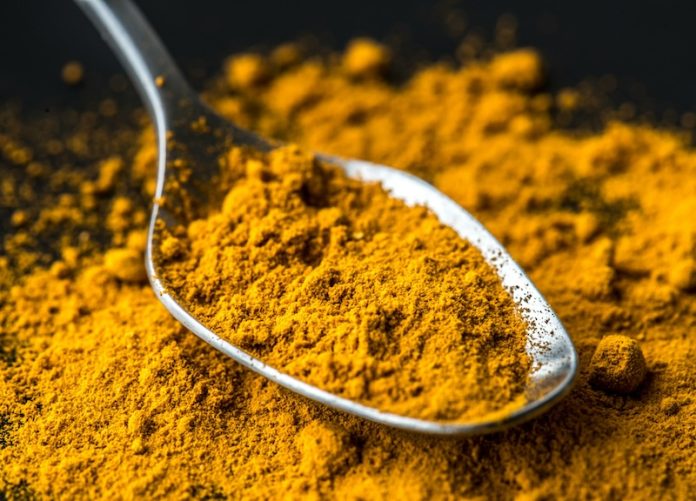
A recent study from Urmia University of Medical Sciences suggests that turmeric compounds, known as curcuminoids, along with vitamin D supplementation, may help manage blood pressure in people with type 2 diabetes.
Curcuminoids, the active compounds in turmeric, are commonly used for medicinal purposes in many Asian countries. Vitamin D, which is both consumed in the diet and synthesized by the body, is essential for bone health, calcium absorption, and phosphorus metabolism.
The Role of Curcuminoids and Vitamin D
Previous research has shown that curcuminoids and vitamin D can reduce inflammation, regulate infections, slow the growth of cancer cells, and maintain bone health. However, their effects on blood pressure and body weight, especially in individuals with type 2 diabetes, are less well understood.
Study Overview and Results
The study involved 80 participants with type 2 diabetes who also had low levels of vitamin D. Participants were divided into four groups, receiving either curcuminoids, vitamin D, a combination of both, or a placebo for 12 weeks. Blood pressure readings were taken before and after the intervention.
The results showed that:
- Vitamin D supplementation reduced both systolic (the top number in blood pressure readings) and diastolic blood pressure.
- Curcuminoids mainly reduced diastolic blood pressure.
Interestingly, while curcuminoids enhanced diastolic blood pressure control when taken with vitamin D, they appeared to limit vitamin D’s effect on reducing systolic blood pressure.
This difference in how the two compounds impact systolic and diastolic blood pressure highlights the need for further research to better understand their interaction.
Sources of Curcuminoids and Vitamin D
Curcuminoids can be found in foods such as turmeric, curry powder, and dishes made with curry. Foods rich in vitamin D include salmon, herrings, sardines, cod liver oil, canned tuna, egg yolks, mushrooms, and fortified foods like certain dairy products and cereals.
What This Study Means for People with Type 2 Diabetes
The findings suggest that turmeric compounds and vitamin D may help improve blood pressure control in individuals with type 2 diabetes.
However, more studies are needed to determine the best dosages and understand how these compounds work differently on systolic and diastolic blood pressure.
If you have type 2 diabetes, it’s important to talk to your doctor about managing your blood pressure, as controlling it is key to reducing the risk of complications such as heart disease and stroke.
Managing blood pressure often requires a combination of strategies, including medication, dietary changes, regular physical activity, and stress management. This study also highlights the potential for natural supplements like curcuminoids and vitamin D to play a role in this effort.
Other Health Insights
In addition to the benefits of curcuminoids and vitamin D, other studies have found that pomace olive oil may help reduce cholesterol levels, honey can assist in controlling blood sugar, and blueberries are highly beneficial for people with metabolic syndrome.
Moreover, the commonly prescribed diabetes drug metformin has been linked to a reduction in cognitive decline.
The study, led by Shirin Ebrahimkhani and her team, was published in Clinical Nutrition ESPEN, adding to the growing body of research on how natural supplements can contribute to better health outcomes in people with type 2 diabetes.
If you care about blood pressure, please read studies that black licorice could cause dangerous high blood pressure, and this common plant nutrient could help reduce high blood pressure.
For more information about blood pressure, please see recent studies about how coffee influence your risk of high blood pressure, and results showing this olive oil could reduce blood pressure in healthy people.
Copyright © 2024 Knowridge Science Report. All rights reserved.



